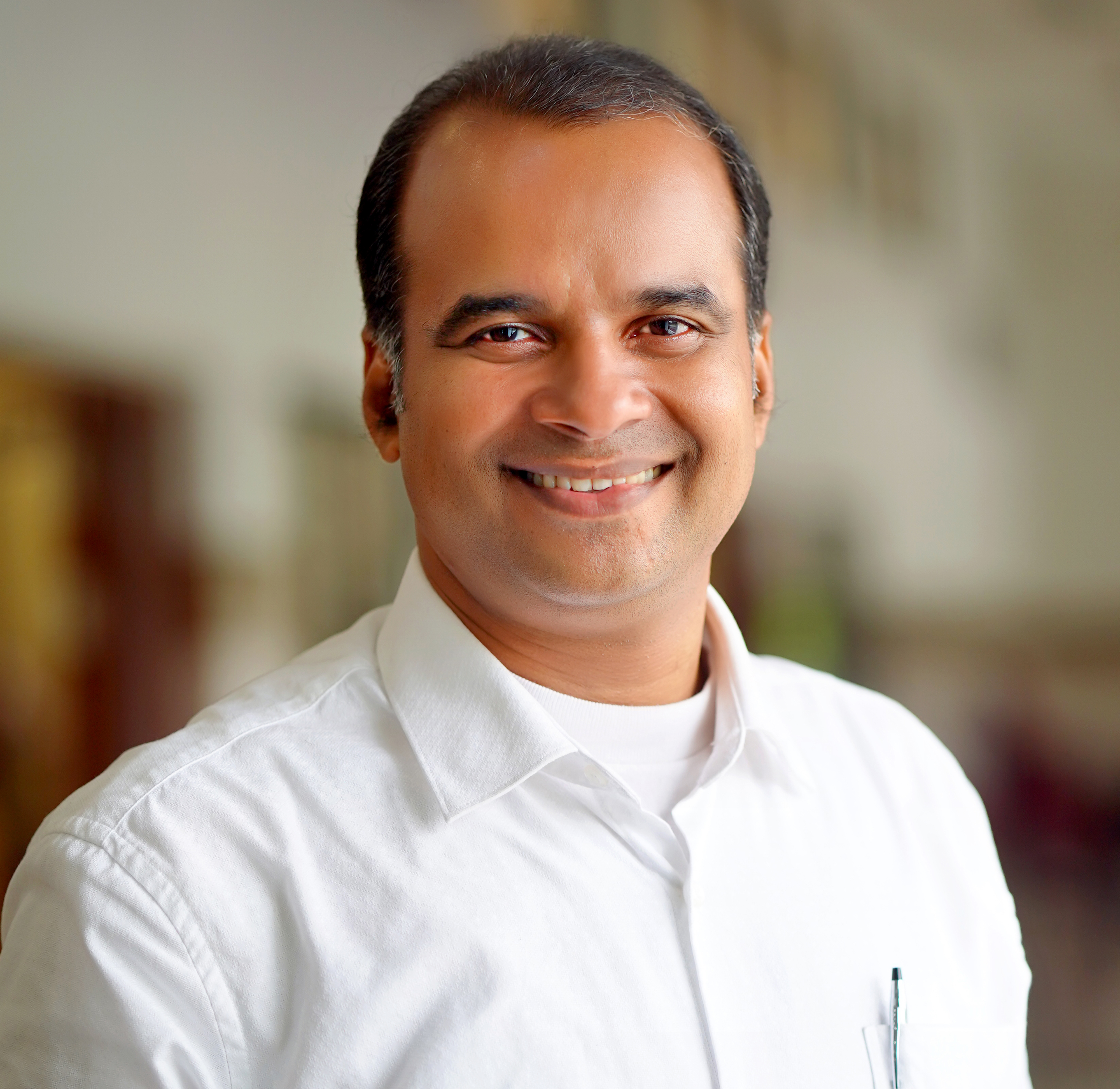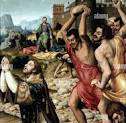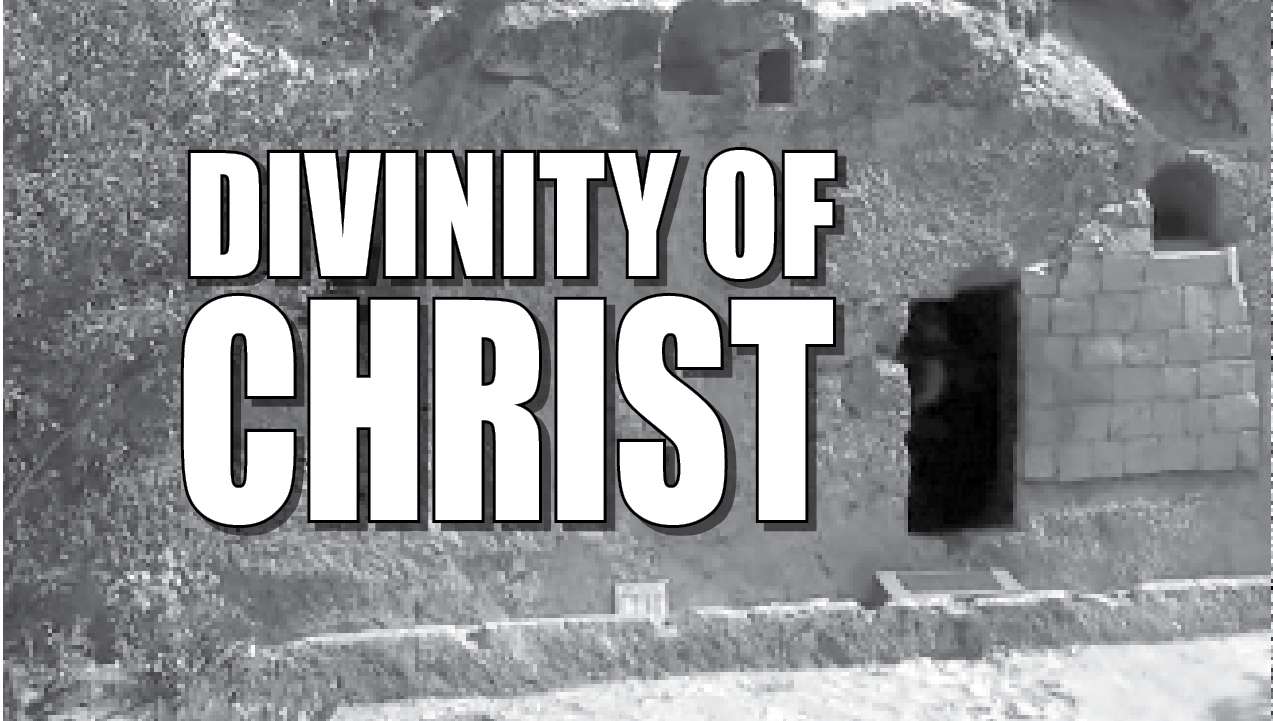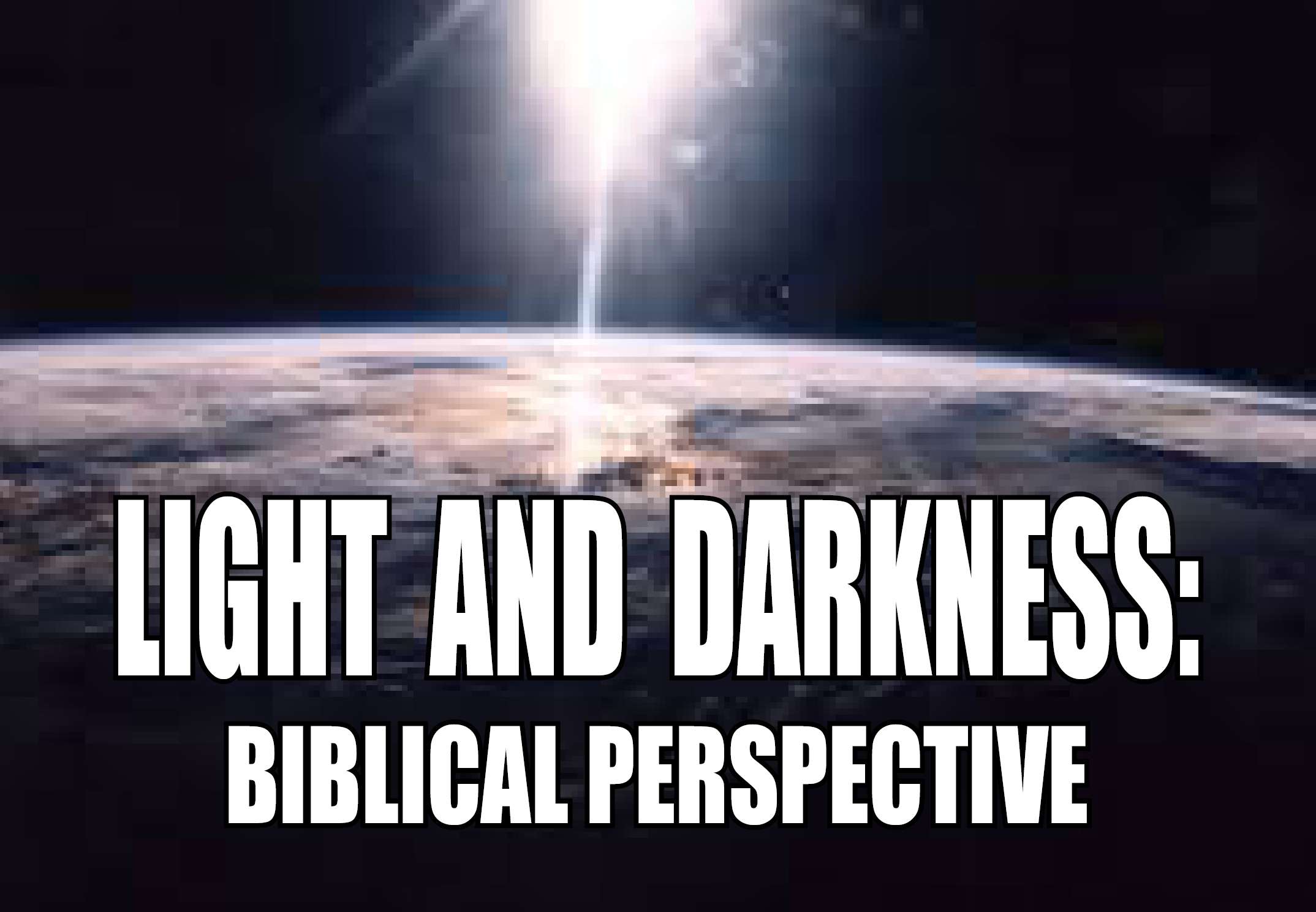
Pentecostal Spirituality
Pr. K. A. John
Pentecostal Spirituality is nothing but Biblical spirituality. True Pentecostal spirituality happens only when the individual experiences a genuine personal relationship with Jesus Christ; is fully submitted to His Lordship and is totally under the guidance of the Holy Spirit.
Predominantly two factors are observed as standards within the Christian churches - the Church and God’s Word. There are Christians that take church as the ultimate authority. Some contend that Christ gave his authority to Peter and that Peter laid hands on the bishops he ordained, giving them authority to lay hands on their successors.
By this ‘apostolic succession’, authority was transmitted from Christ through the apostles and so down through the centuries. On this ground, certain churches hold themselves as the only authorized representative of Christ and hence its leaders are supposed to hold a special authority to judge truth.
The other factor is the authority of the Word of God. Pentecostals take the Word of God as the ultimate authority to judge the practice and teachings of the church. Pentecostal church is a revival and experiential ‘Way’ that came into being without any fixed dogmas and tradition, except with the open Bible in hand.
What is the identity of Pentecostals ? It is not based on creeds, shared history or on ecclesiastical structures. Christ centered charismatic spirituality is what makes Pentecostals. Spirituality, thus, is the key to defining Pentecostal identity. The birth of Pentecost was out of dynamic experience. Therefore, the Pentecostal identity is best described in terms of spirituality rather than theology.
Christology and pneumatology are the center of Pentecostal spirituality. The Pentecostal spirituality lies on the ‘Full Gospel’. It is the fivefold role of Jesus as Savior, Sanctifier, Baptizer of the Holy Spirit, Healer and Soon Coming King. Thus, the gateway to the work and experience of the Spirit is the work of Christ.
Pentecostals emphasize the experience called baptism in the Holy Spirit, especially as accompanied by speaking in tongues and other extra ordinary gifts of the spirit such as those mentioned in Acts and in 1Corinthians 12-14. Pentecostals have strong Jesus piety and their experience is centered on the indwelling spirit. Pentecostals are being taught how one proceeds through the various stages to possess the spirit in its fullness. Pentecostals believe that spirit baptism is the most unique Christological claim made of Jesus in the New Testament. Speaking in tongues is the main distinctive of Pentecostals.
Divine healing has received great deal of emphasis among Pentecostals. Divine healing was an integral part of the ministry of Jesus of Jesus of Nazareth and of the early Christian church. Nearly one-fifth of the Gospels is devoted to accounts of healing. Acts of the Apostles include many stories of miraculous healings. Divine healing was an experience of the early church and remains a central belief and practice for Pentecostal believers even today. Prayer for divine healing is one of the reasons for the growth of Pentecostalism in many places.
A prominent Old Testament title used to describe an aspect of God’s nature is found in Exodus: I am the Lord, who heals. (15:26). In Hebrew it could also be translated, " I am the Lord your Physician”
Sin brought with it sin, sickness and death. Atonement wrought by Christ made the way for deliverance from the penalties of sin and sickness. Isaiah clearly predicted that the benefit of the death of Jesus would extend to physical healing. Mathew records that during Jesus’ Galilean ministry, he healed all the sick, which was to fulfill what was spoken thougth the Prophet Isaiah. The context vividly tells that it is a reference to physical healing.
The apostolic church practiced divine healing as Jesus clearly intended. Not for two centuries or more did the practice of divine healing disappear from the church. The medieval church distorted the practice laid down in James 5:14 by making the biblical provision for healing into a sacrament of last rites, which they named as extreme unction. Instead of encouraging faith for healing it was supposed to help a person to die through the pains. James sets down the principles that believers in all ages should observe to receive divine healing (James 5:14). It must be noticed that healing should occur within the local assembly. The prayer of faith speaks of the condition necessary for receiving healing .
Pentecostals are concerned with transforming the society through witness and missions. The urgency of mission grip them deeply and believe that the gospel has to go to all the earth before Christ returns. A relevant and important Biblical passage to emphasize this is Acts 1:8. Pentecostals believe that baptism in the Holy Spirit is for empowerment and empowerment is for witnessing.
Pentecostal worship shows an actively involved congregation with loud singing, hand clapping and shout- out prayers. The congregation does not just consist of hearers of the Word or liturgy. They give thanks to the Lord continually and enjoy seasons of praise for the excellency and greatness of God toward them. Prayer is the significant activity of the Pentecostal congregation.
Pentecostalism is not a religion for the people but religion of the people. Pentecostal church is a community of brothers and sisters without any patriarchal form, tradition and church order.
A central theme of the preaching in the early church was the resurrection of Jesus and how His resurrection also becomes the guarantee of ours. His resurrection is the ground for our faith and hope. The theology of hope which deals with the doctrine of last things is a prominent subject of Pentecostal preaching, because it is a key to history.
We are moving inexorably to a consummation of all things. Most non-Christian religions and philosophers have a cyclical view of history. It is a wheel of life, endlessly going round and round - with no beginning or end. But the Bible teaches a linear view of history. There was a beginning, a central event-the cross- and there will be a final consummation in which God will bring His plan to its glorious fulfillment. World events will not continue in an endless, unyielding procession. There is coming a moment when the present order will come to an end.
The teaching and preaching of the Doctrine of Last Things help the Pentecostal believers to lead a holy living. The awareness that our Lord will come without warning stirs believers from their lethargy. It also stimulates the believers for Christian service. Believers who ardently look for the return of Christ constantly re-evaluate the priorities that govern their lifestyle. This helps them prioritize and place above all the else their relationship with Jesus. They are stimulated in rendering of service in the name of the Lord.
Thus the essence of Pentecostalism is based on its unique spirituality. The basis of Pentecostal spirituality is its salvation experience, spirit filled life and worship, holy living and strong hope for the Second Coming of Jesus Christ. If this is lost among the Pentecostals, then everything is only ‘sound and fury, signifying nothing!’
May the Pentecostal church endeavor to retain the Biblical standards of spirituality - only then will the Church continue to be the salt and light of this world.







